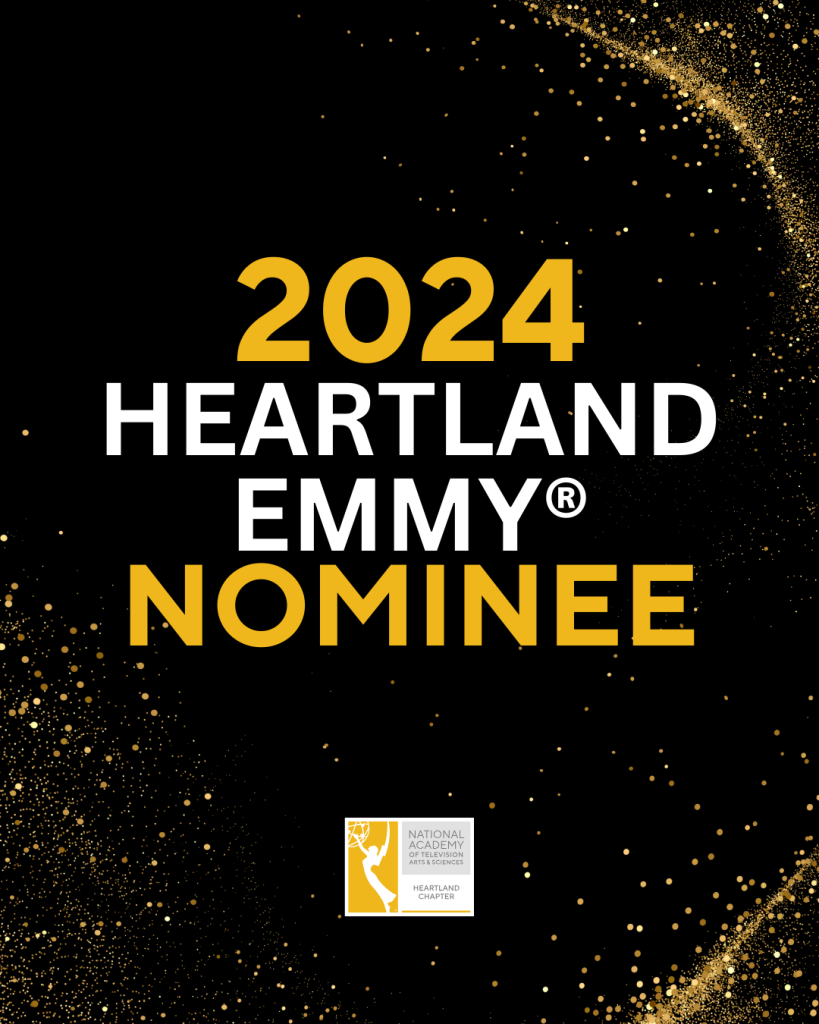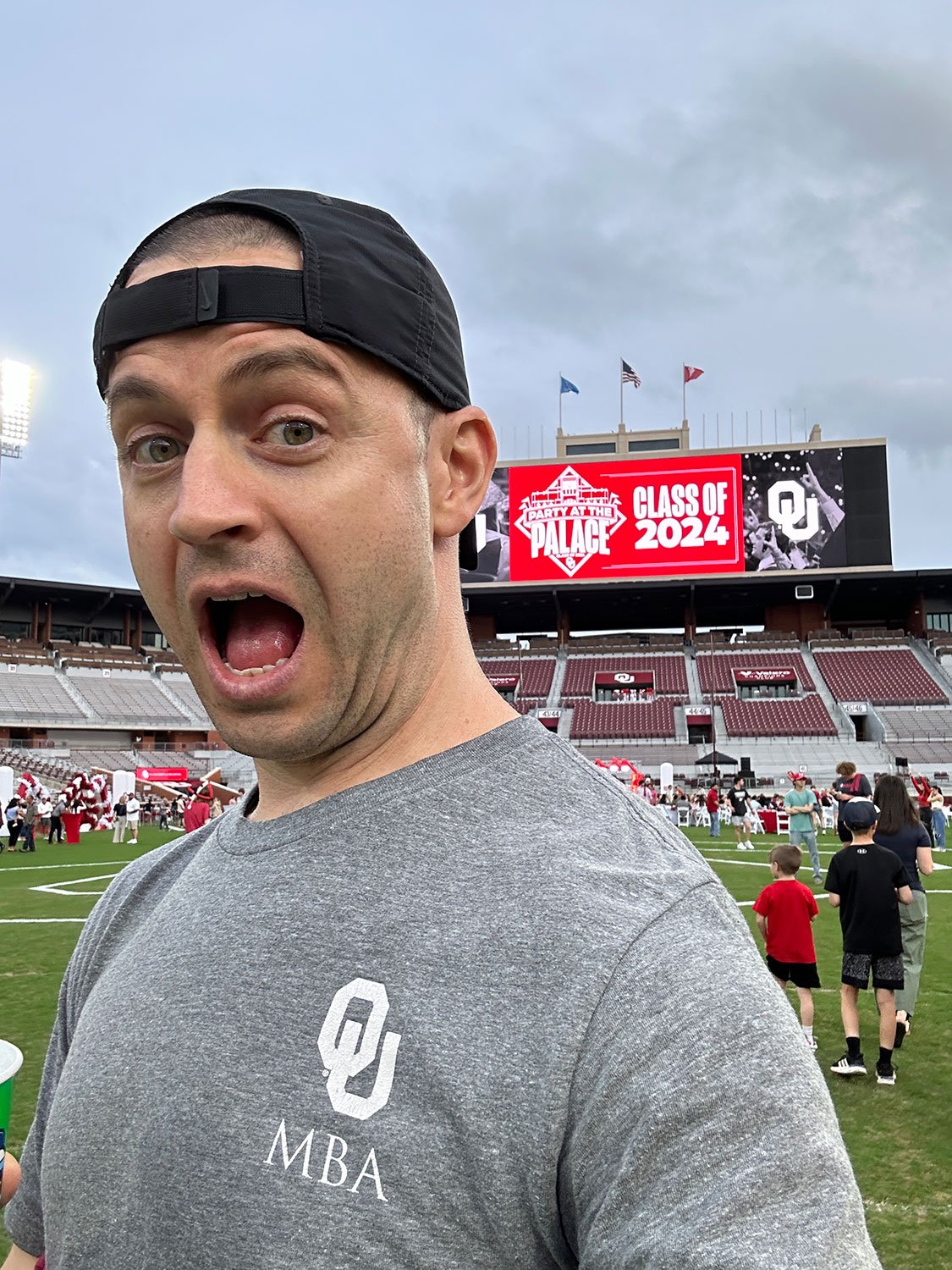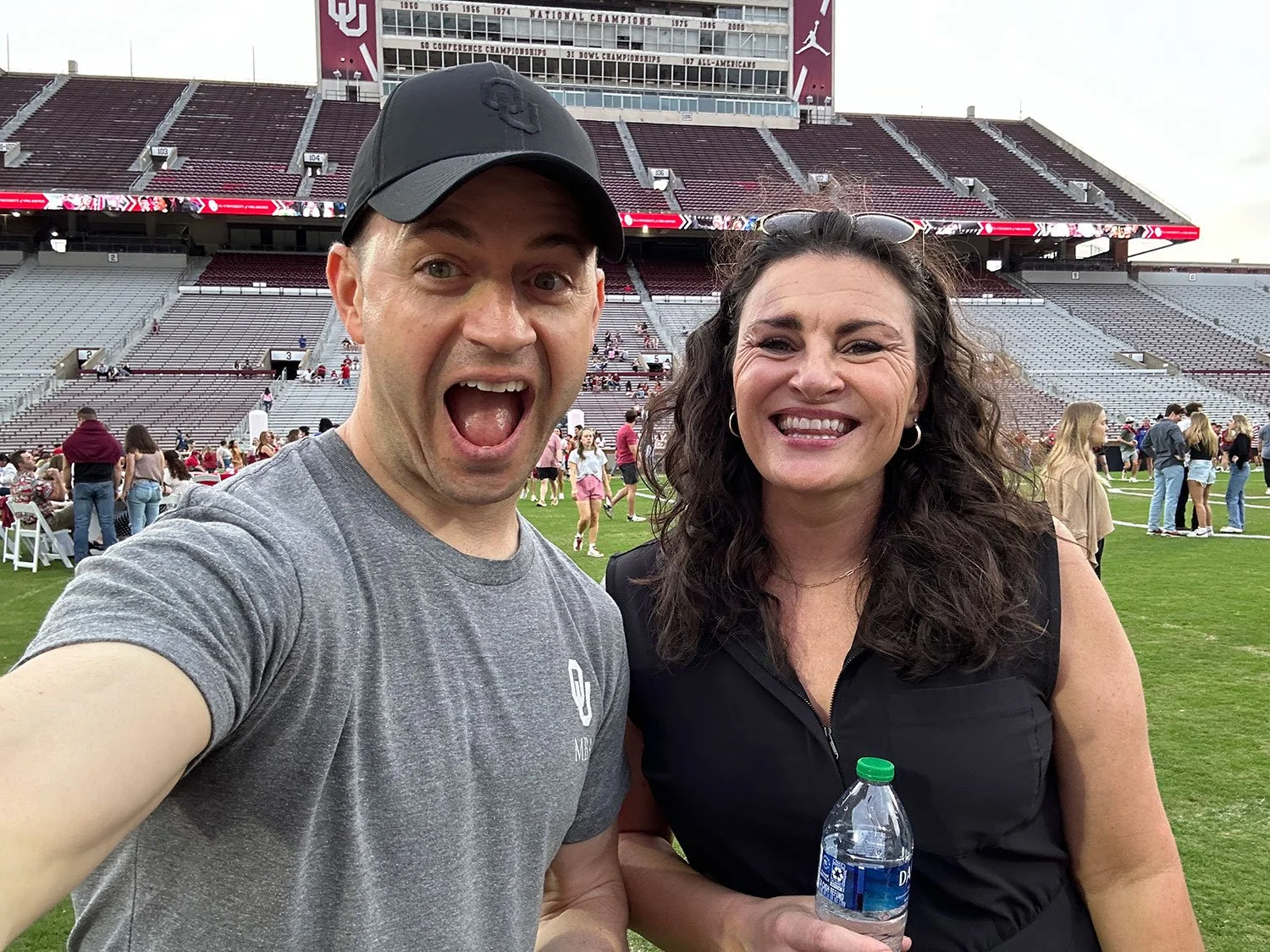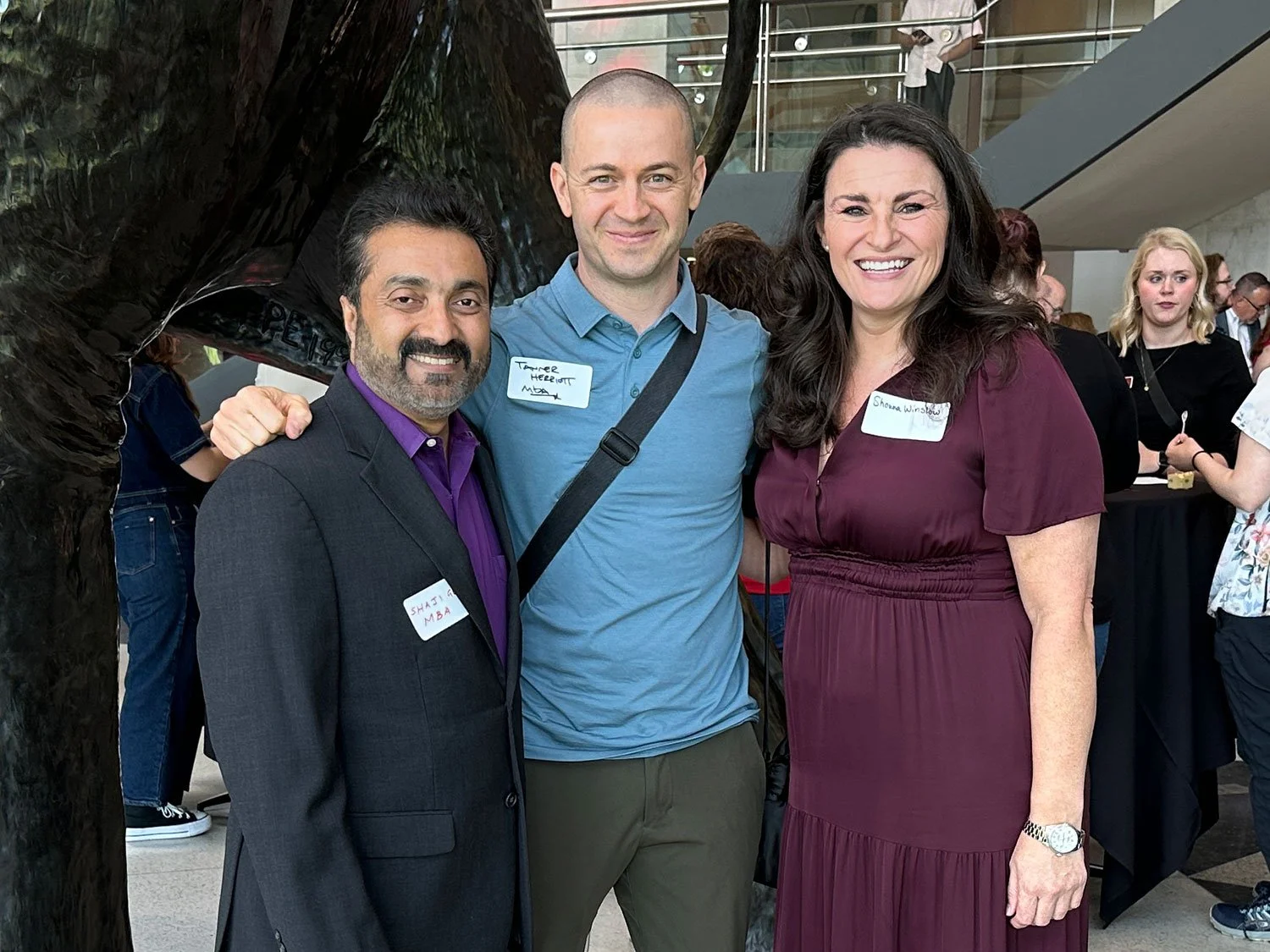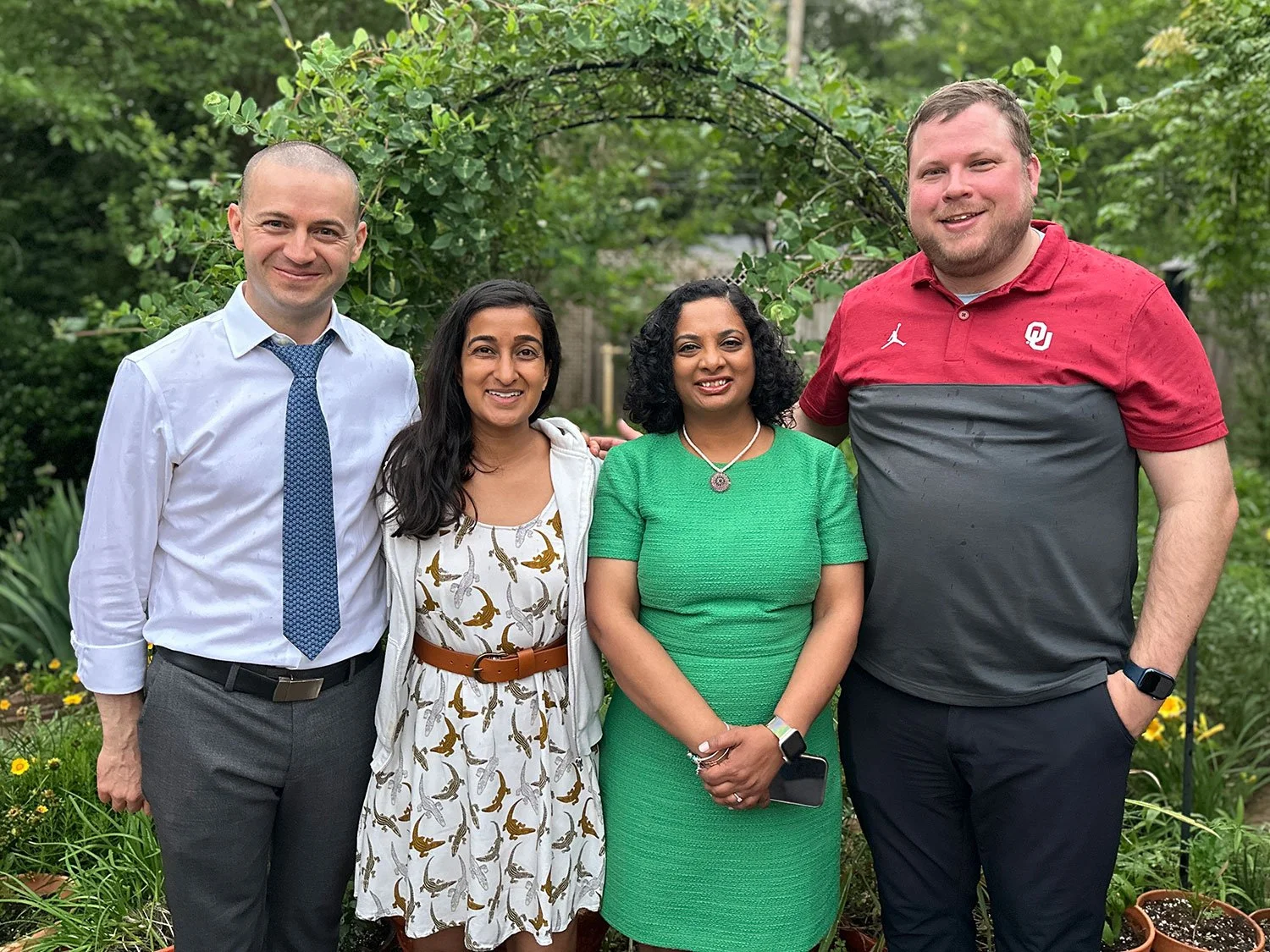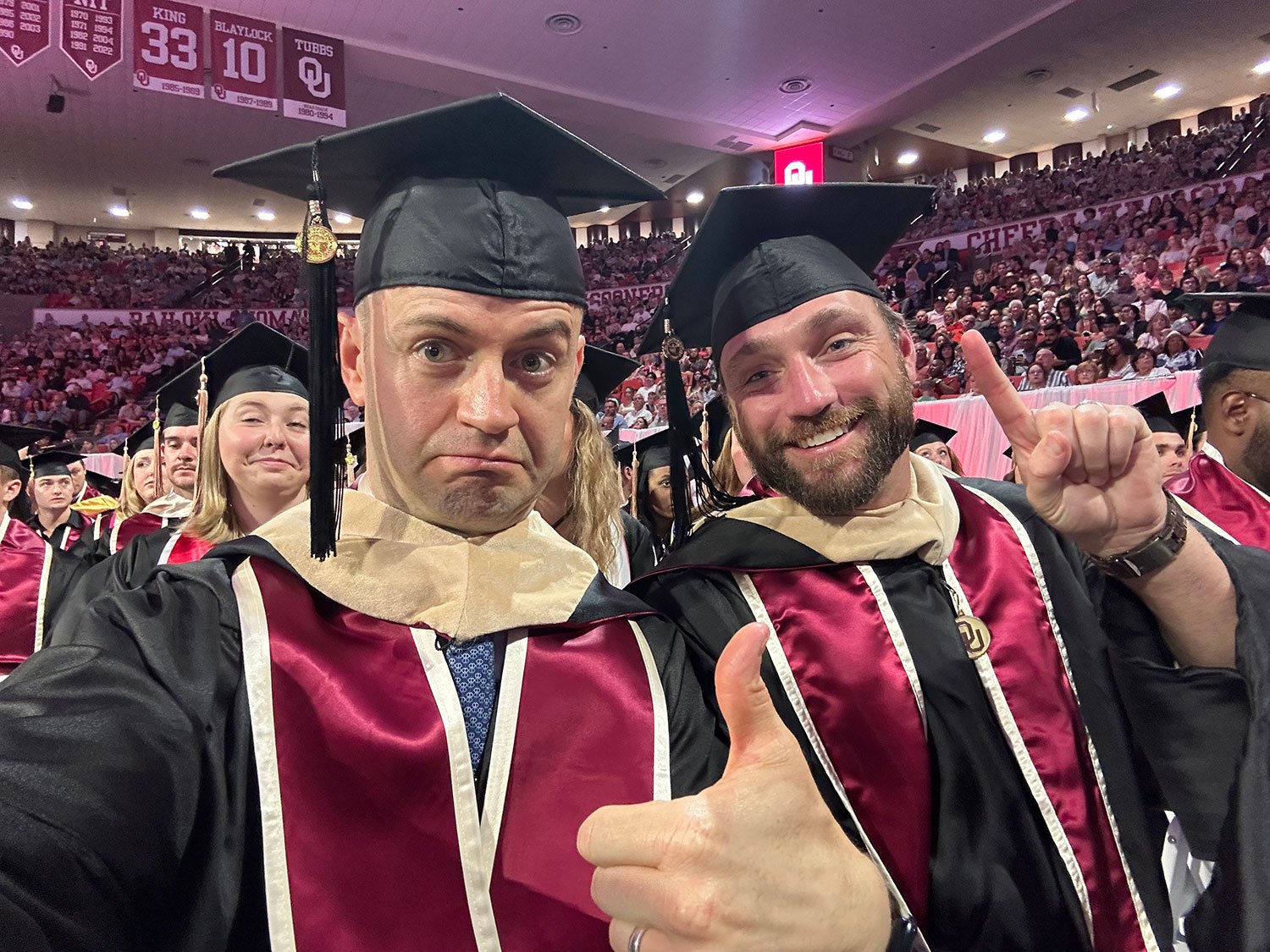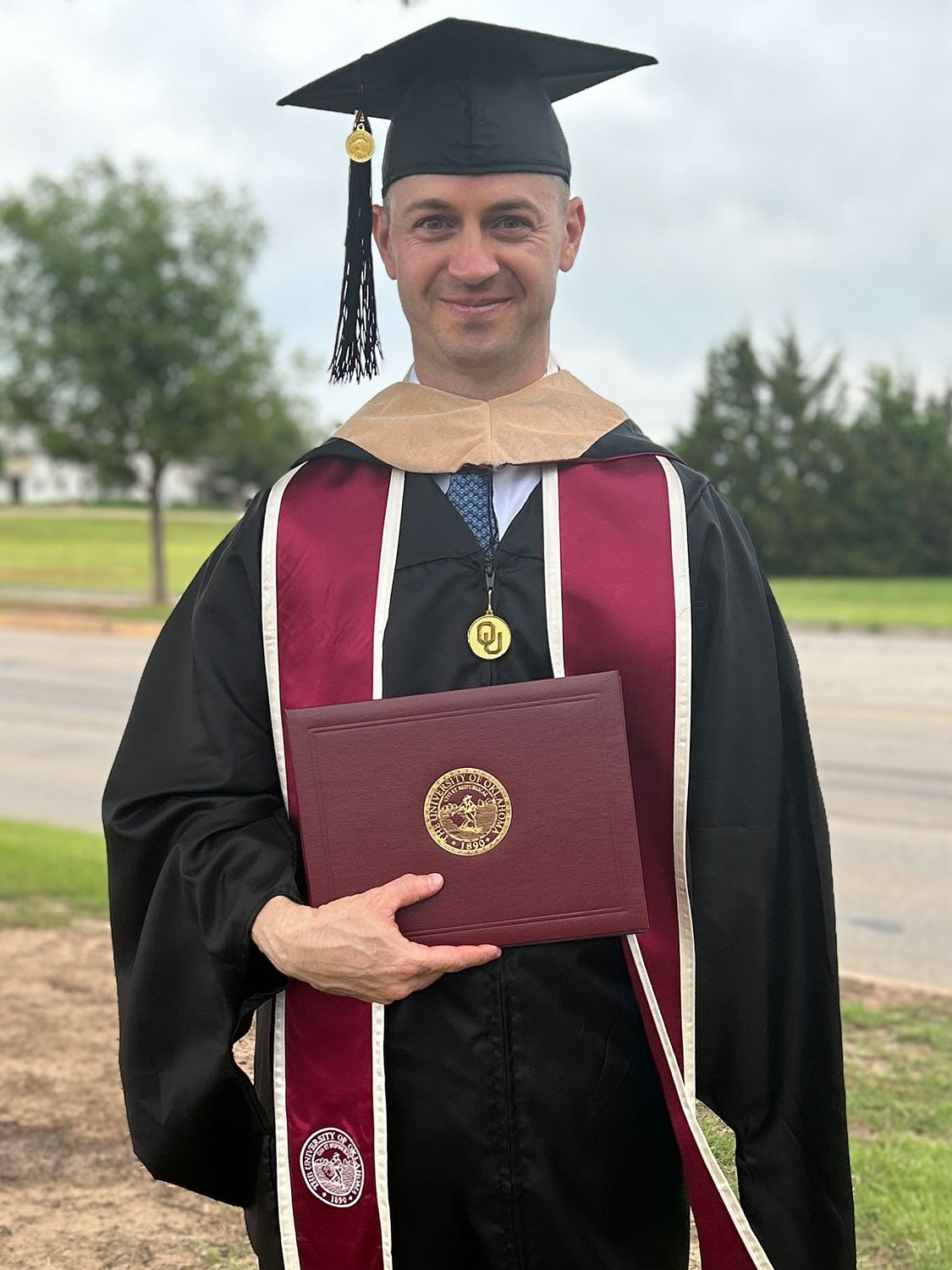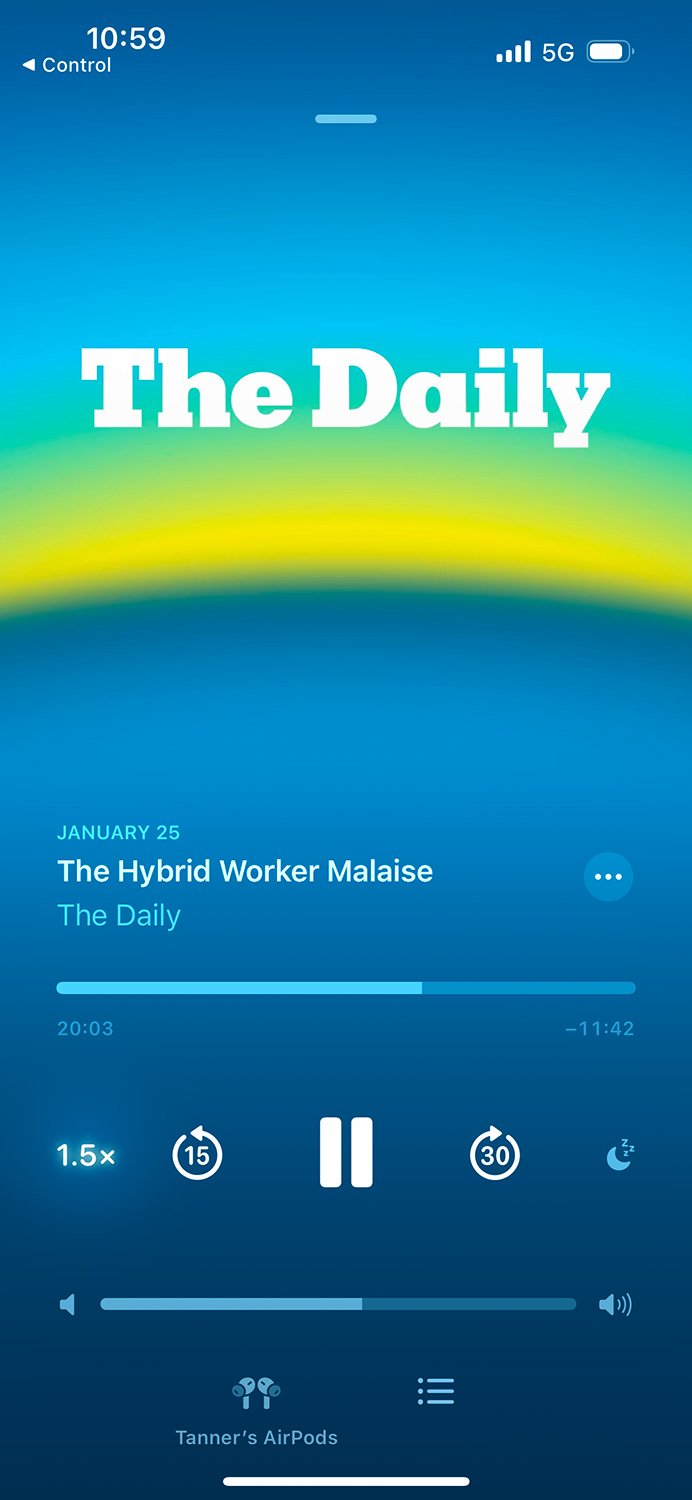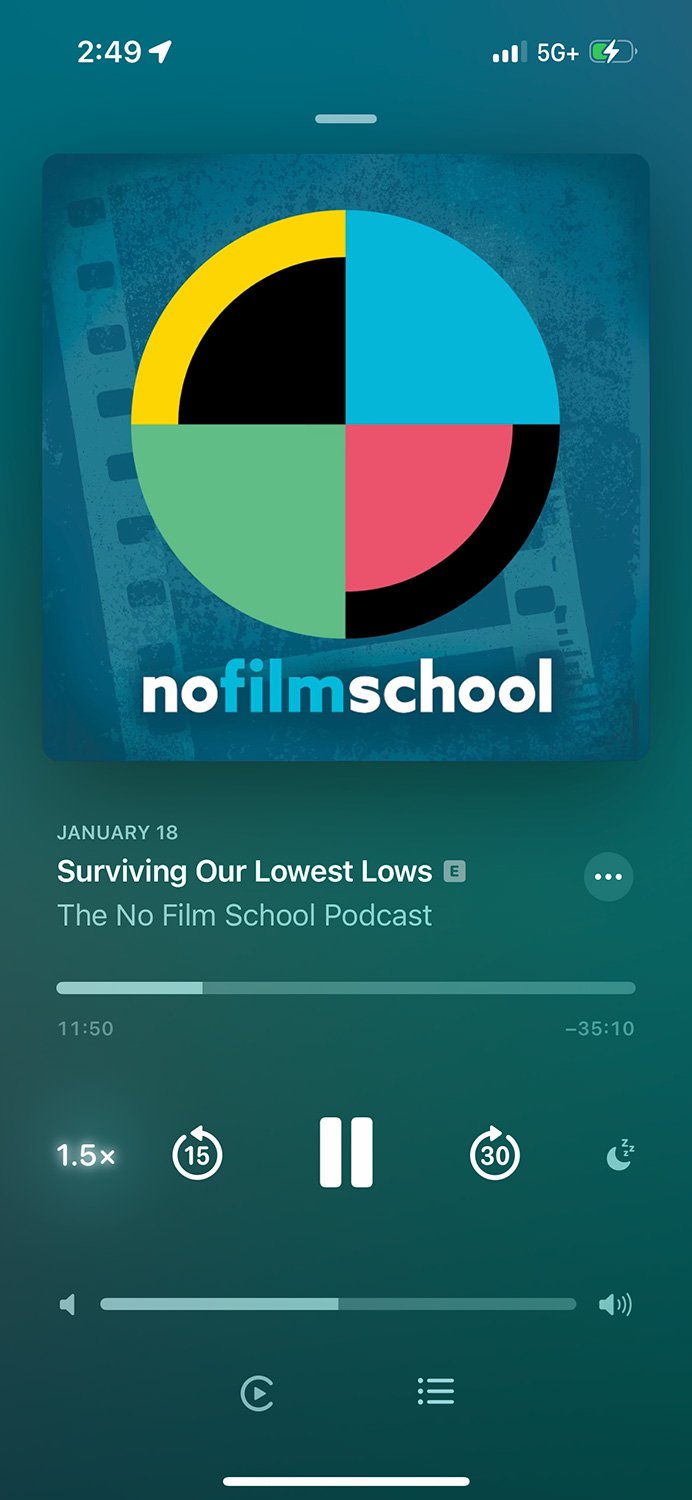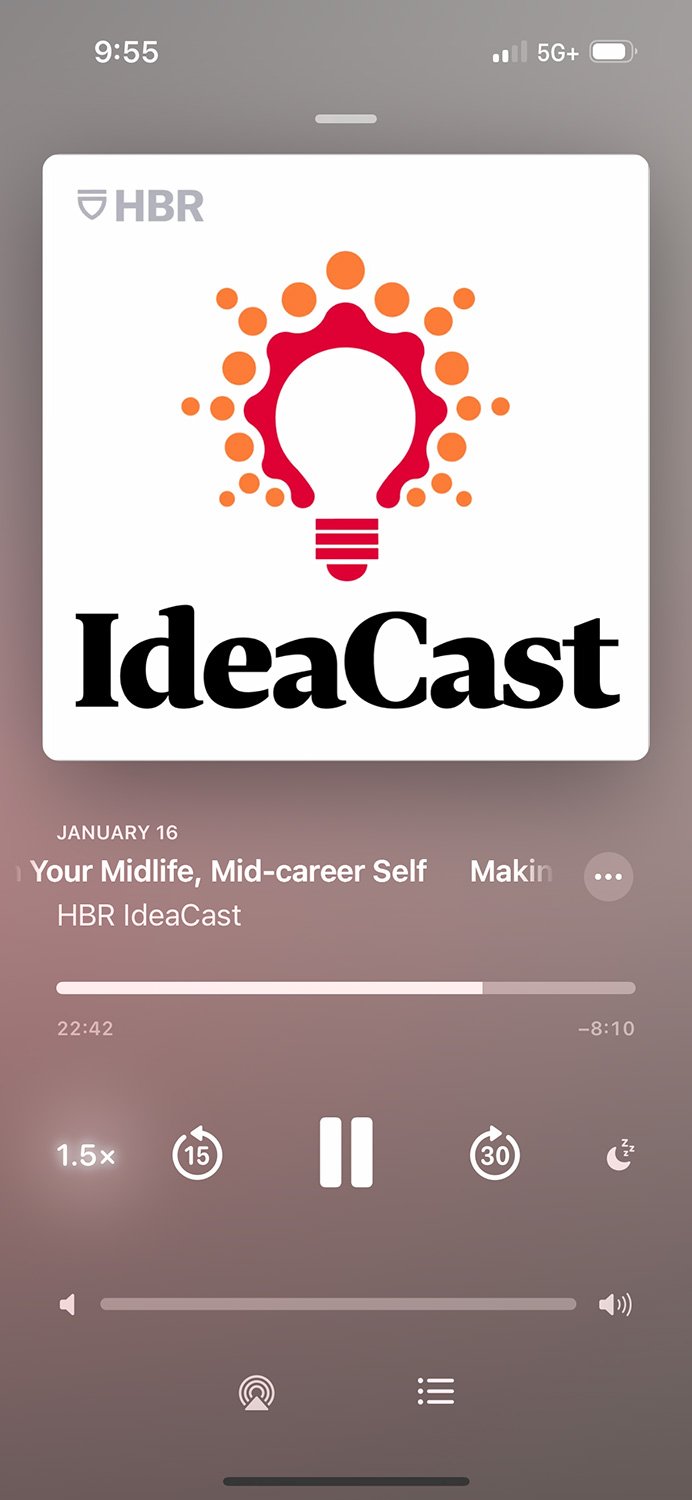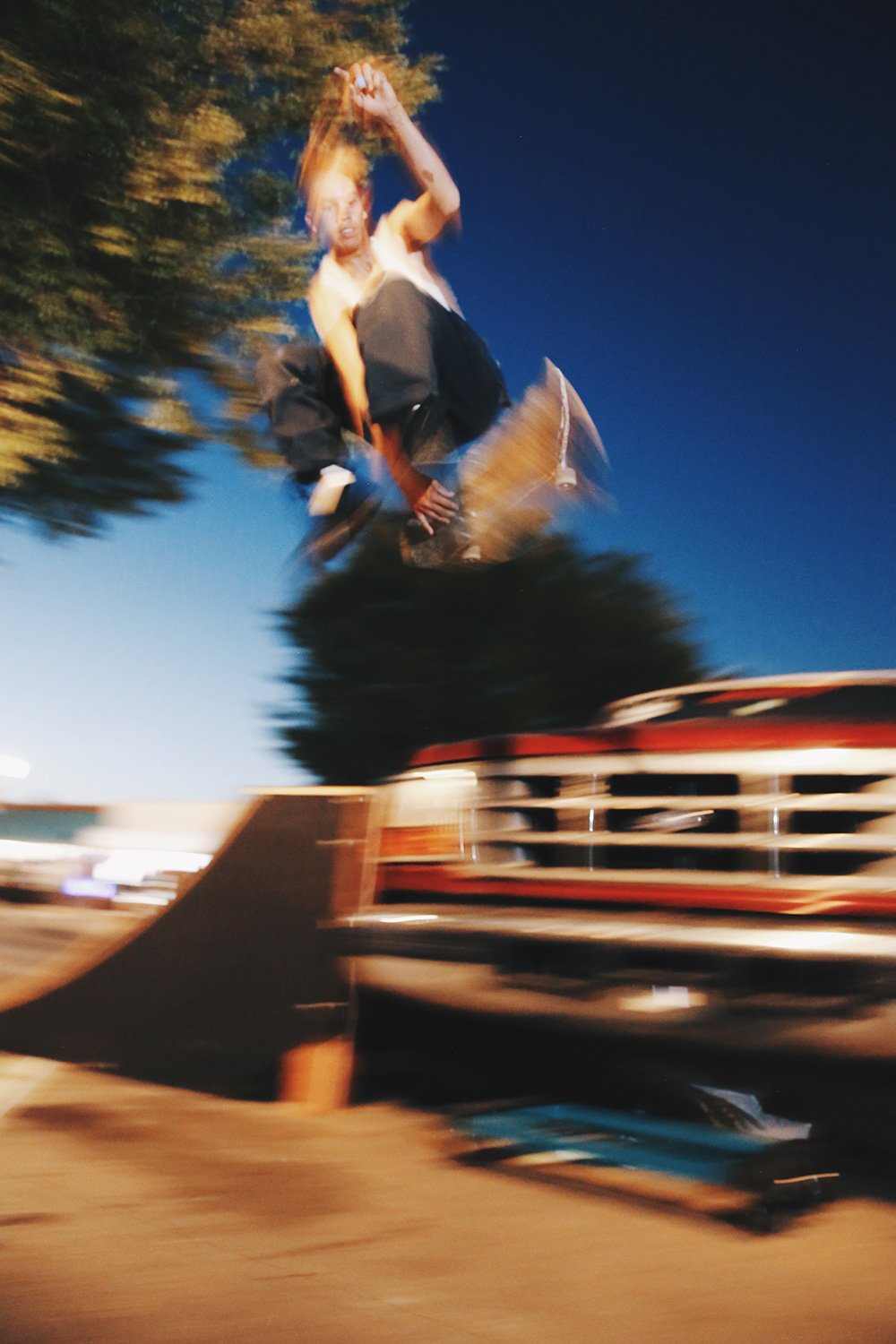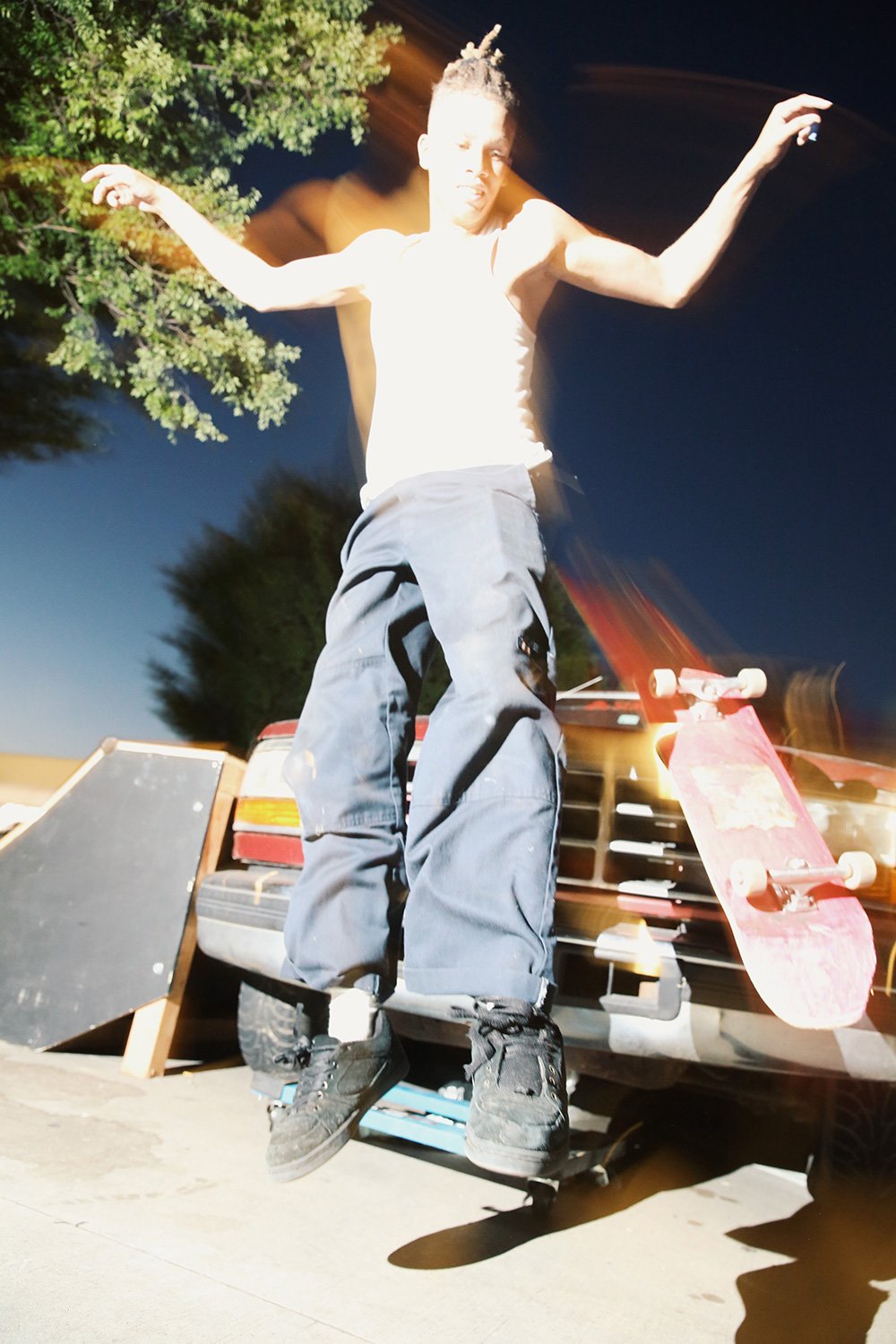Back in early July 2022 I got to work with the Cherokee Nation on a project about one of their citizens being awarded the Medal of Honor. I've already posted about that trip, but I did find out this past week that the project was nominated for a 2024 Heartland Emmy award.
From OsiyoTV's YouTube description:
A hero to countless people, Dwight Birdwell sees himself as just a former strawberry picker from Stilwell, Oklahoma. He is also the only Native American recipient of the Medal of Honor for his service in the Vietnam War. We hear his story of heroism and the selfless actions that led to him finally being awarded this prestigious honor.
It's been a hot minute and an entire graduate business degree since that shoot, but I'm still thankful for the opportunity and I look forward to the next one.
Normally I shy away from straight-up self-promotion, but that's probably not the most ideal marking strategy. I've also got mixed feelings when it comes to participating in awards like this. This is now my second Heartland Emmy nomination and I've got a handful of Telly Awards.
We're told those accolades look good on a resume and I'm sure those statuettes would look good on a shelf, but they should also come with some kind of asterisk saying you paid for the attention. If I were to have a local project I wanted to submit to the 2024 Heartland Emmys, the entry fee starts at $135 for the primary entrant, and then $85/person for names 2-6, and $135/person for names 7-12. That doesn't include the $65 yearly Heartland Chapter membership fee; Non-members' entry fees start at $235/person. If you get nominated, congrats, but then be ready to pay the $125/person early-bird ticket price to the awards gala. We're talking $450+ to be a member, one named person on an entry, and tickets for St. Anne the Wife and I to go to this year's Heartland Emmy Awards Gala. It's hard to look at that cost and not think about how else that money could've been spent, e.g., additional on-set production assistants, a month of health insurance for me and my two kids, 100+ cups of coffee, etc.
| Entry Fee1 | $135 |
| Yearly Membership Fee2 | $65 |
| Gala Tickets (two tickets at $125ea.) | $250 |
| TOTAL | $450 |
|---|
1 Fee for one name only
2 Heartland Chapter Yearly Membership Fee
This is where my business school nonsense starts to kick in and I'm reminded of my marketing and strategy classes.
A quick Google search would bring back the idea that a business-to-business (B2B) marketing budget should be around 5-10% of its yearly revenues. For example, if my yearly revenues are around $100k, that should have me budgeting $5-10k/year in my marketing. Suddenly that $450 doesn't feel so bad – roughly 0.45% of my yearly revenue and just 6% of a $7,500 yearly marketing budget – and it also includes a networking opportunity with some of my target audience and a fancy date with my wife. All that said, it's worth keeping an eye on whether or not your marketing efforts are actually working. I'd be hard-pressed to tell you one client relationship I've earned thanks to the awards I've won over the years.
Dang you business school for actually helping me do what I'd hoped you would.
